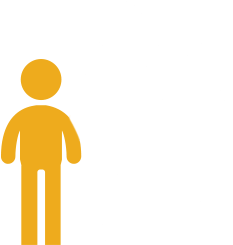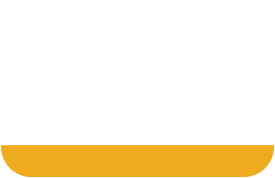Therapeutic Education
Therapeutic education is the name we apply to the multitude of programs that support our mission of building hope, success, and well-being through education and advocacy for children with special needs.
Our Therapeutic Martial Arts program is the cultural heart of our schools and our organization with its emphasis on respect, self-discipline, and perseverance. Students get martial arts classes that take place in the school’s Dojo where these concepts are made concrete. The Sensei becomes a role model and a valuable resource when students are struggling with their behavior.
Our Positive Behavior Intervention System (PBIS) is the framework we use in our schools by which families, students, and school personnel set goals and work together to create a school environment where students can be successful.
The Full-Value Contract is the code of conduct for all Summit Academy staff, students and families. All members of the Summit Academy are expected to practice:
- Safety includes physical and emotional safety.
- Respect means treating others the way that we would want to be treated, with polite speech and active listening.
- Full participation means that everyone does their personal best and chooses their level of involvement and stays engaged in the moment.
- Honest feedback means respectfully sharing difficult messages and hearing hard truths. It also means taking a stand for what you believe.
Reflecting the Summit Academy commitment to helping students grow in self-responsibility, each school has a Behavior Specialist, who is either a licensed counselor or licensed social worker.
- The Behavior Specialist handles behavioral issues and social/emotional/ behavioral crises that may arise throughout the course of the day.
- This individual also works directly with students, or collaboratively with their teachers, or both, to assist the student in developing and strengthening positive behaviors.
- When a behavioral issue or social/emotional/behavioral crisis occurs, Summit Academy teachers and staff often conduct a “social autopsy,” a concept developed by Richard Lavoie, a pioneer in the field of educating students who have learning disabilities.
- Additional services available for students who qualify based on disability, emotional and social needs, learning differences, developmental delays, etc..
- Direct social skills and emotional regulation skills instruction
- Speech Therapy, Occupational Therapy (work with the children to help them recognize the nuances of facial expressions and body language.)
- Behavior Specialists are on staff to help children by encouraging them to recognize emotions and express them appropriately. (express anger in a healthy way and to recognize their own warning signs when they are in emotional overload)



